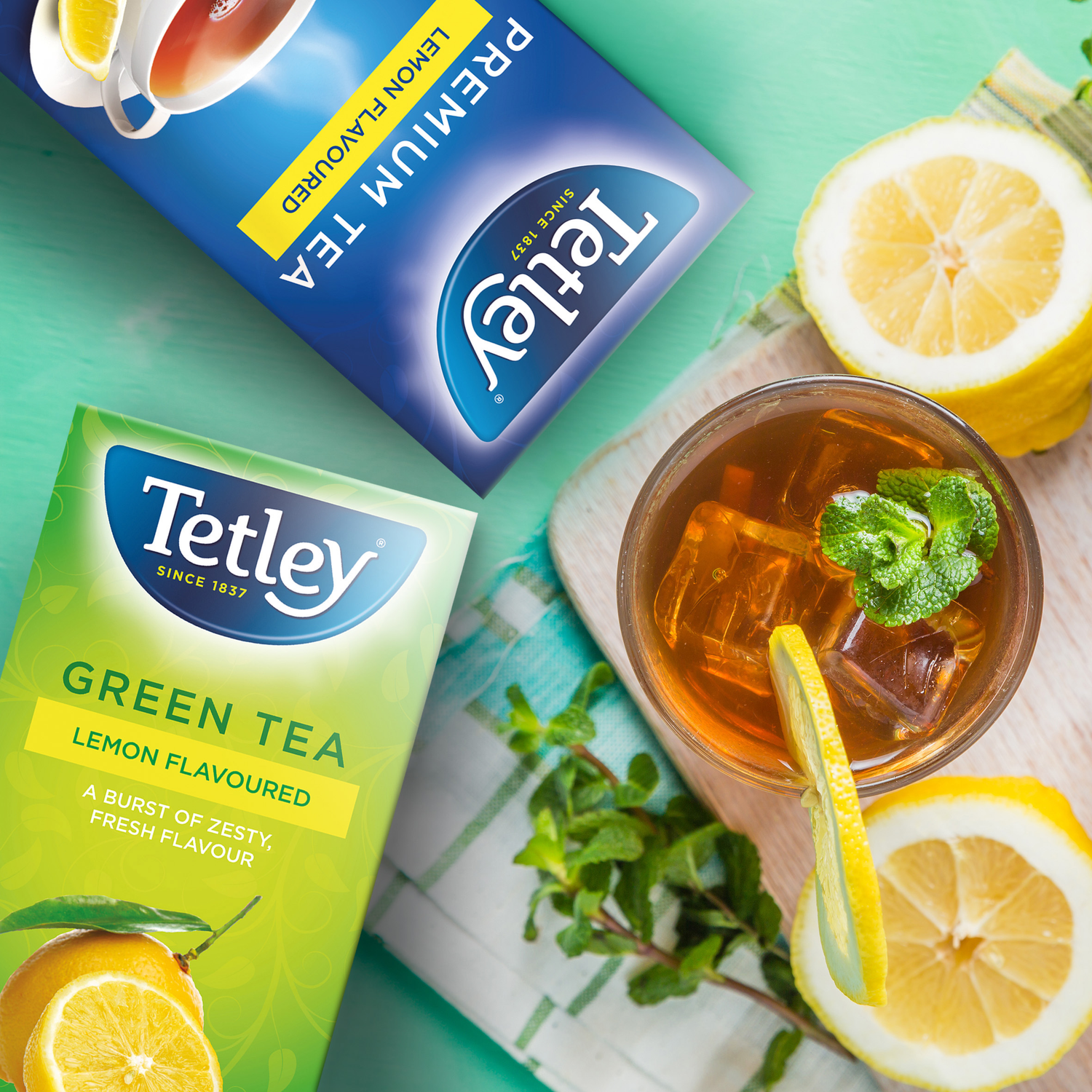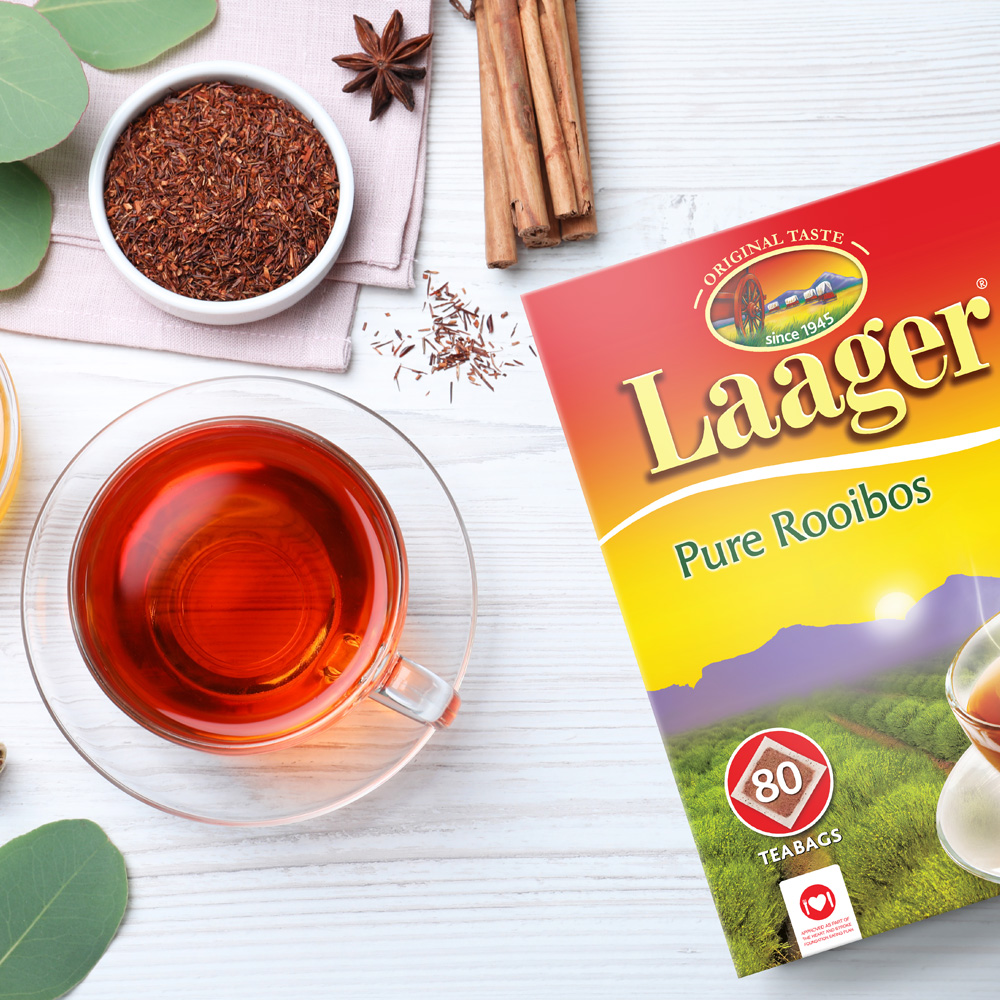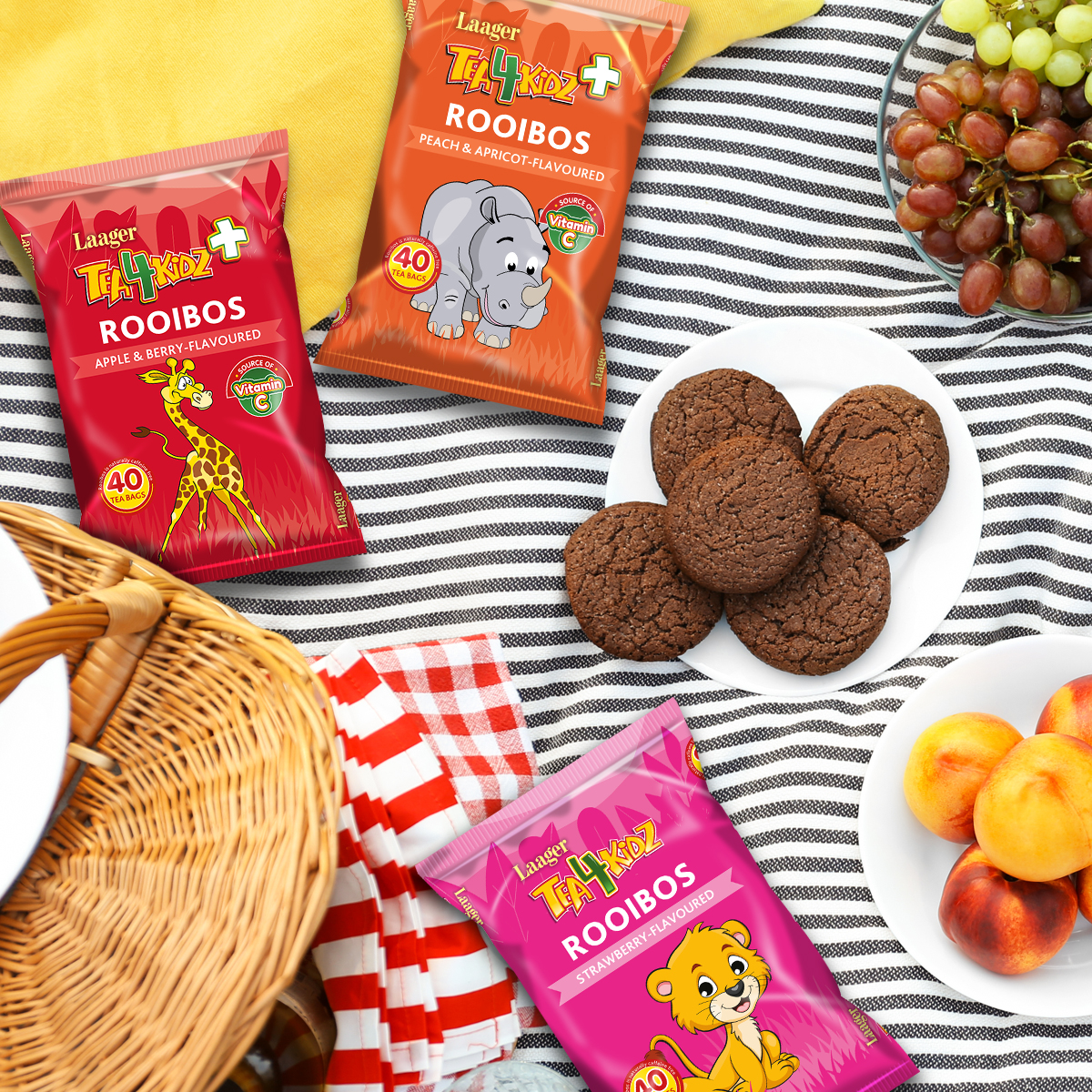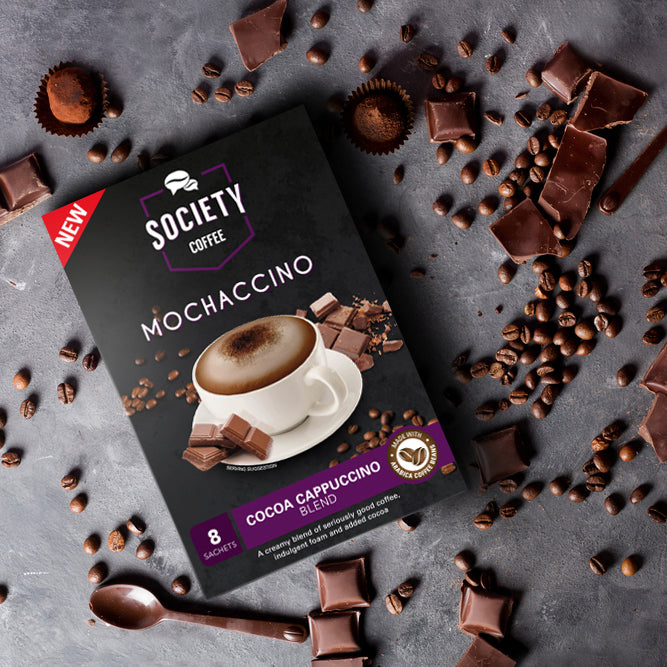There is clear evidence that excessive sugar intake results in various health issues, from obesity, heart disease, and diabetes to tooth cavities. While many people are looking to avoid the health risks associated with overconsumption of sugar, it can be difficult when sugar is hiding in everyday food and drinks, without being immediately evident.
According to a study by Wits University, South Africans consume significantly more sugar than recommended, with an estimated 12 to 24 teaspoons daily, of which four to eight teaspoons come from sugar-sweetened beverages. This exceeds the World Health Organization's (WHO) recommended daily limit of six teaspoons.
“Hidden sugars are often sneaky and can add up quickly throughout the day without us even realising it,” explained Mbali Mapholi, Laager Rooibos partner dietitian. “Many snacks and drinks that aren't noticeably sweet still contain sugar, meaning that many of us may be consuming a lot more sugar than we realise, which can significantly impact our health over time.”
What Are Hidden Sugars?
Natural sugars come in the form of lactose, fructose, and sucrose and can be found in fruit, vegetables, dairy, and grains. However, Mapholi says that hidden sugars are sugars that are added to foods or drinks during processing that aren't immediately obvious from the taste.
These sugars can come in many different forms, such as:
- Cane sugar
- High fructose corn syrup/corn syrup
- Agave nectar
- Maple syrup
- Molasses
- Honey
- Fruit juice concentrates
How Much Sugar Is Too Much, and How Do You Determine This?
A person’s daily sugar intake can quickly escalate when considering the hidden sugar found in many popular snacks and drinks. Mapholi advises that the daily recommended sugar limit for children is 3-6 teaspoons (12-25 grams), 6 teaspoons (25 grams) for women, and 9 teaspoons (38 grams) for men.
To avoid these hidden sugar as much as possible, she says it’s important to:
- Read Labels: Check food labels for ‘total sugars’ and ‘added sugars’. Total sugars include natural and added sugars, while added sugars are the sugars added during processing.
- Check Percentage of the Daily Value (%DV): The daily value is the daily recommended intake of added sugars. When analysing different foods and beverages aim for 5% DV of added sugars or less when reading labels.
- Convert Grams to Teaspoons: 1 teaspoon of sugar is roughly 4-5 grams. For example, if a drink or snack contains 12 grams of sugar, that's equivalent to 3 teaspoons. This often makes it easier to visualise how much sugar you’re really consuming.
Which Drinks and Snacks Have Hidden Sugars?
To help South Africans build awareness around how much sugar they are consuming daily, Mapholi has shared some common examples of food and snacks with high sugar content.
- Soft Drinks: 39g per 330ml can. In most popular soft drinks, all the sugar is added not naturally occurring in the product, and sugary drinks can contribute significantly to a person’s daily sugar intake. Just one can is already higher than the recommended daily limit of sugar.
- 100% Fruit Juice: 24g per 250ml glass. Remember that even 100% natural fruit juice contains fructose. While this is a naturally occurring sugar, it still forms part of a person’s daily sugar contribution.
- Sports Drink: 20g per 330ml bottle. Marketed as a beneficial drink for active individuals, it’s important to note that there’s still a significant amount of sugar in a sports drinks to enhance the flavour.
- Flavoured Yoghurt: 17g per 150g. While yoghurt has beneficial calcium and probiotics, it’s worth noting the type of yoghurt, as many yoghurts (in particular the flavoured ones) have added sugar for taste.
- Granola Bar: 12g per bar (40g). These are often marketed as a healthy snack, but many granola or cereal bars contain added sugar for flavour.
- Smoothies: 35g per 450ml bottle. Store-bought smoothies are another snack that is marketed as healthy, but they can also contain high amounts of both naturally occurring and added sugar.
- Fruit roll-ups: 13g per piece (20g). There’s a misconception that anything with fruit is 100% healthy! These fruit snacks contain a lot of added sugar to preserve the flavour.
- Tomato Sauce: 4g per 1 tablespoon (17g). Condiments and even certain savoury foods such as ready-to-eat meals will contain added sugars, so it’s best to check.
Tips to Reduce Hidden Sugar Intake
“Balancing the demands of busy schedules with providing healthy, balanced meals for families can be a struggle,” says Mapholi. “I’m often asked about sugar in diets and how to manage it. As a dietitian, I’m always trying to find practical solutions, and I know how challenging it can be to navigate the world of hidden sugars. These are my top tips for keeping a handle on sugar consumption in the home.”
- Make Treats at Home: Homemade snacks give more control over the amount of sugar being consumed! Check Laager Rooibos recipes for ideas: www.joekels.co.za.
- Choose Healthy Hydration: A large portion of the sugar consumed by many individuals comes from the beverages they drink. Choose healthy hydration like water with slices of lemon, or herbal teas like Laager Rooibos Herbals. These options offer hydration without the sugar loading.
- Beware of Sugar Add-ons: Be mindful of how much sugar you add to cereal, tea and coffee. Opt for beverages like Laager Rooibos, which offers the natural sweetness of Rooibos without extra sugar.
- Use Natural Sweeteners: Use fruits (fresh or frozen) to add natural sweetness instead of refined sugars. For example, it’s easy to make homemade iced tea using cooled Laager Rooibos with added ice and chopped fresh fruit.
- Look for Unsweetened Versions: Choose unsweetened dairy products, cereals, and drinks. Be cautious of ‘reduced sugar’ or ‘no sugar added’ labels - always read the nutritional panel.
- Be Cautious with ‘Healthy’ Snacks: Granola bars, smoothies, and protein bars can often contain more sugar than people realise, so check the labels, or opt for home-made alternatives.


Find out more about Laager Rooibos, including health tips and fantastic Rooibos-infused recipes, by visiting www.joekels.co.za or @LaagerRooibosTea on Facebook and Instagram.
/ENDS





